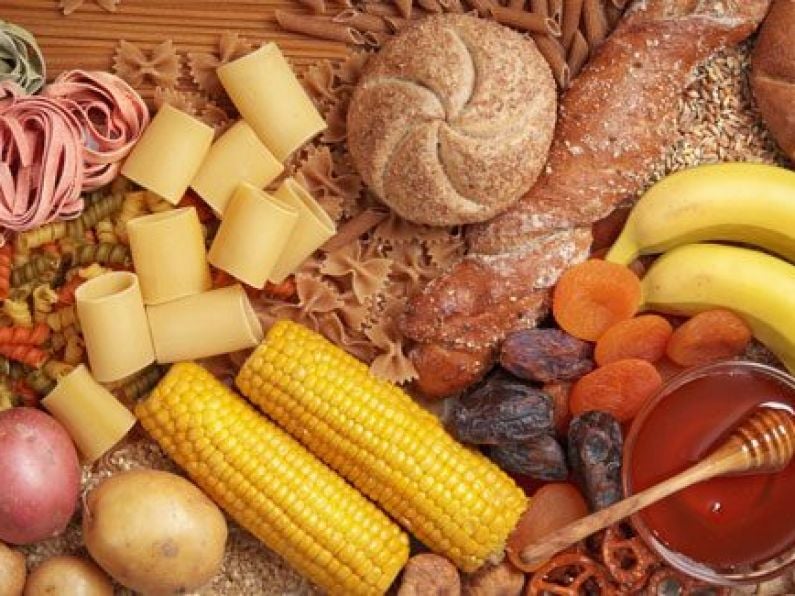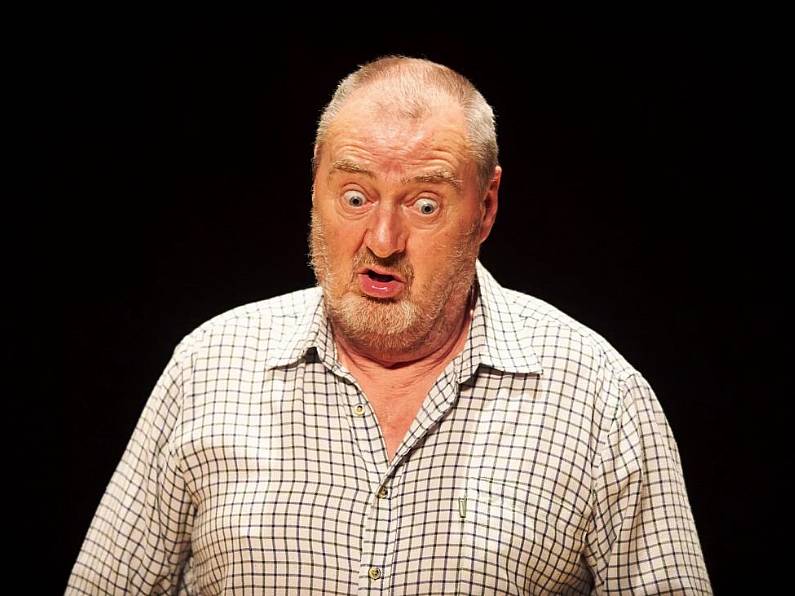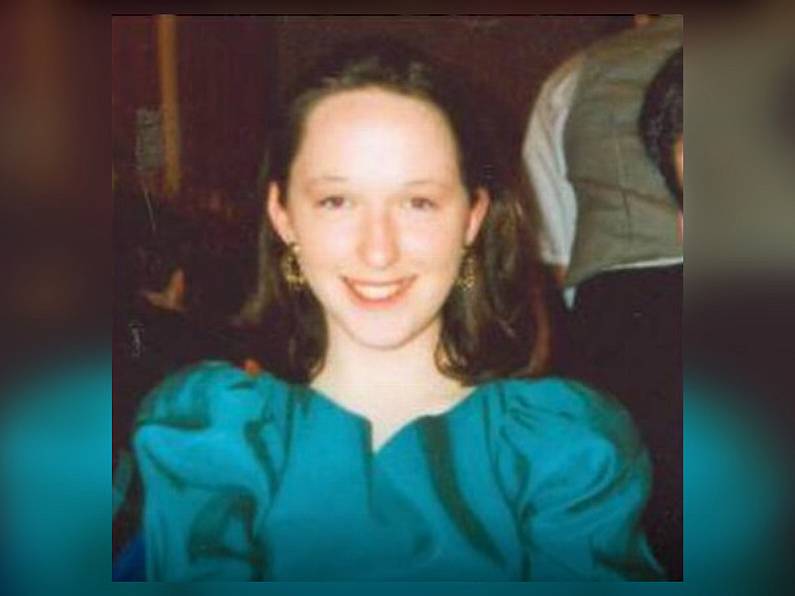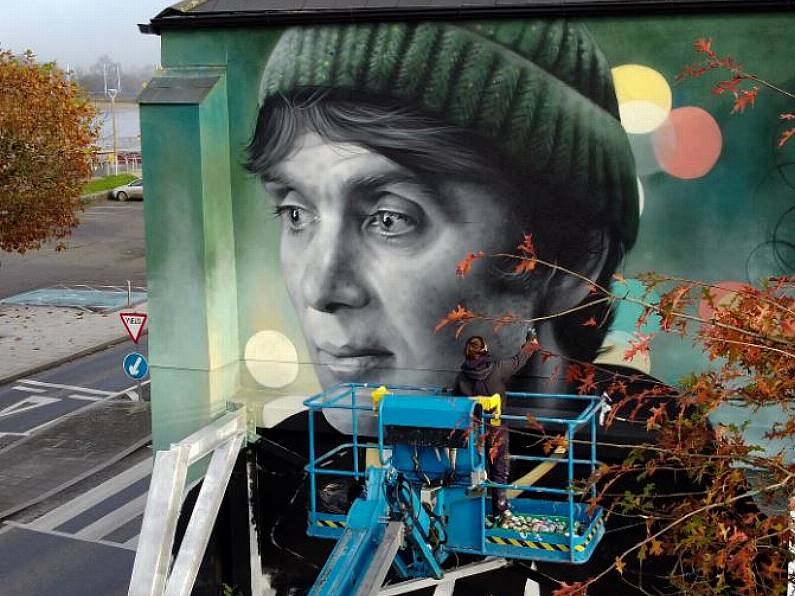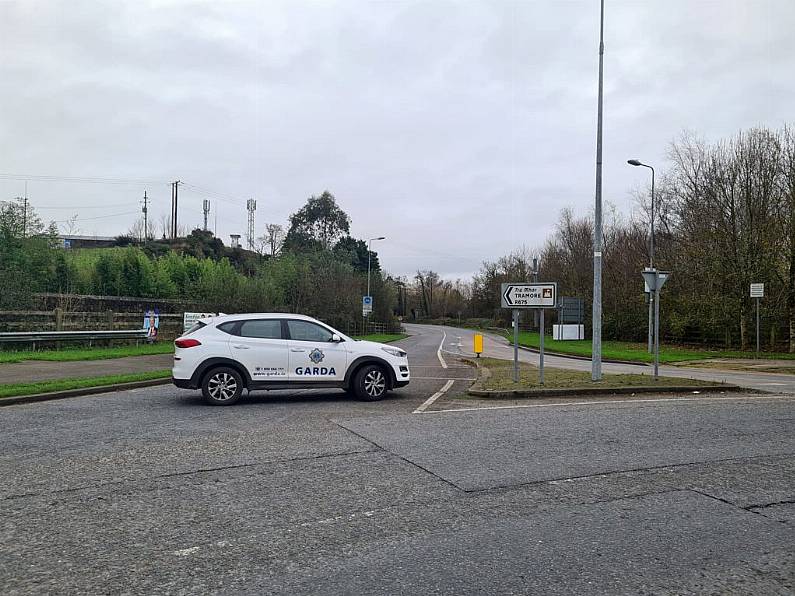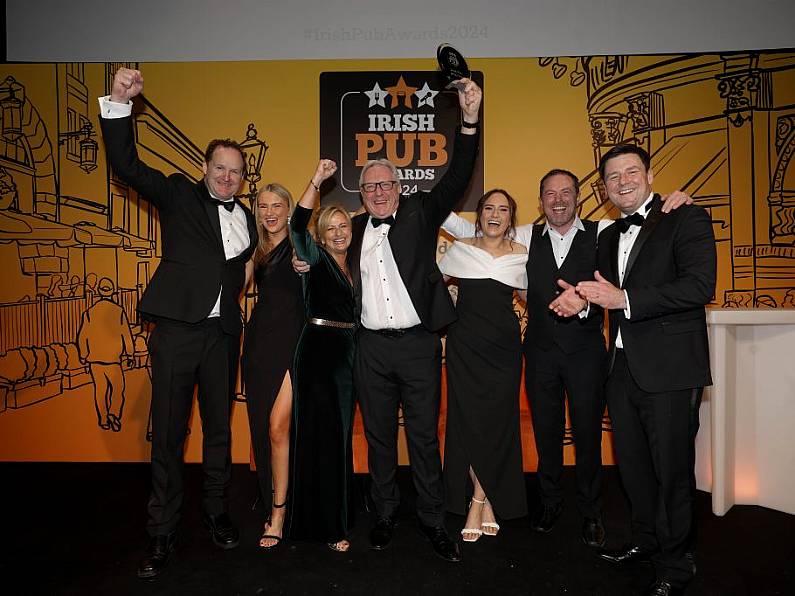Debunking some of the myths around cancer is one of the main aims of Cancer Week 2018, which kicks off today.
Some of the misinformation includes what does and does not cause cancer, unregulated nutritionists, and the touting of unregulated and unproven so-called cancer cures.
The Irish Cancer Society say:
- The internet is full of myths about what does and does not cause cancer – from fluoride in our water to our mobile phones, neither of which causes cancer.
- Unregulated ‘nutritionists’ and celebrities endorse so-called ‘superfoods’ or particular fad diets as an aid to their cancer treatment. In reality, strict dietary regimes can do real damage to a cancer patient’s ability to fight their disease.
- Various so-called cancer ‘cures’ are touted online and on social media, but none of these have any evidence base, and are often produced in an unregulated manner, meaning we may not know what’s actually in them.
The society's Head of Research Dr. Robert O'Connor outlines how myths arise.
"The challenge is that health misinformation has become big business. A lot of media will spread various information that gets put out, be it research reports or whatever, and unfortunately, it can get very confusing for the average cancer patient," he said.
"People can mislead them with various indications of particular diets they think may cure cancer or prevent cancer. It can be very challenging for people who are very vulnerable."
The Irish Cancer Society is urging people to get their information from reliable sources, such as its Cancer Nurseline, its 13 Daffodil Centres, cancer.ie and qualified dieticians and oncologists.
“When a person is diagnosed with cancer it can have a devastating effect on their lives and those of loved ones and friends. With a range of emotions and anxieties about what the future may hold, it is understandable for many patients to feel overwhelmed by information as they set out on their treatment journey.
“When someone is diagnosed, their doctor will outline the medical treatments available to them, but we know most patients will seek further information – often online. Unfortunately, most of this information does not come from qualified professionals and may in fact do more harm than good.
“Ultimately, we have to respect our health. If our car breaks down, we don’t rely on information from unreliable sources to get it back on the road – we get an expert mechanic to find out what’s wrong and make the necessary repairs.
“We need to think the same way when it comes to our bodies. When something’s wrong, we need to get proper support and guidance from professionals and accurate evidence-based supports.
“Events like Cancer Week help to address the misinformation that’s out there and encourage people to get their information from reliable sources. It’s important to contact trustworthy sources such as the Irish Cancer Society’s Cancer Nurseline (1800 200 700), our 13 Daffodil Centres, our website www.cancer.ie and qualified dieticians and oncologists who are aware of the patient’s own personal treatment plans and requirements.”
Digital Desk
